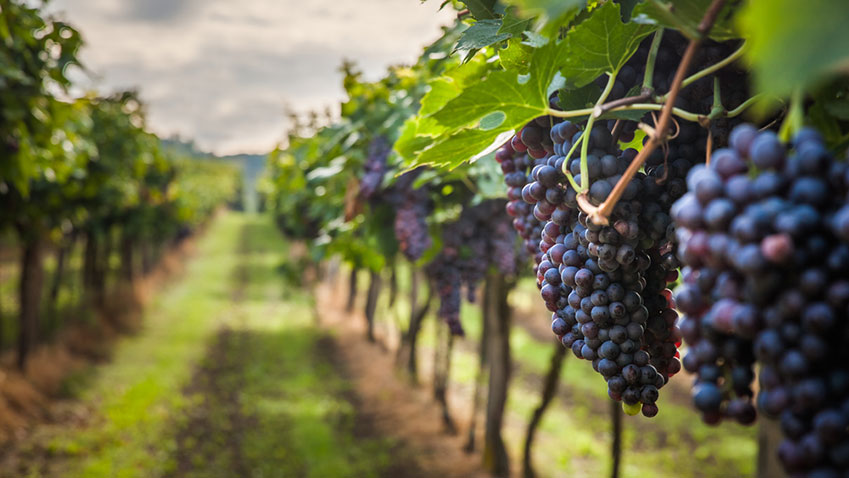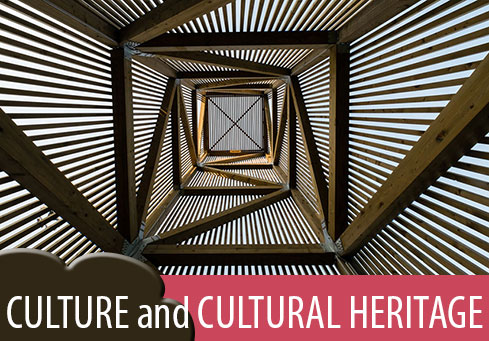Kyiv Initiative: Wine Culture Tourism Exchange (WCTE)

The wine, culture and tourism sectors have a complementary relationship. The tourism sector has long recognised the value of culture to the industry. This project explored how wine cultural tourism could be developed to the advantage of all three sectors involved.
The project, involving Armenia, Azerbaijan, Georgia, the Republic of Moldova and Ukraine, was based on a partnership between the wine, cultural and tourism sectors with the object of stimulating cultural and commercial exchange in a way that was advantageous for all partners. This partnership operated both within and between the participating states.
The Wine Route Project was managed through a stakeholder partnership, serving the interests of the participating communities it represented: wine producers; cultural sector, sector, tourism agencies, technology partners, financial institutions; local governments, foundations etc.



